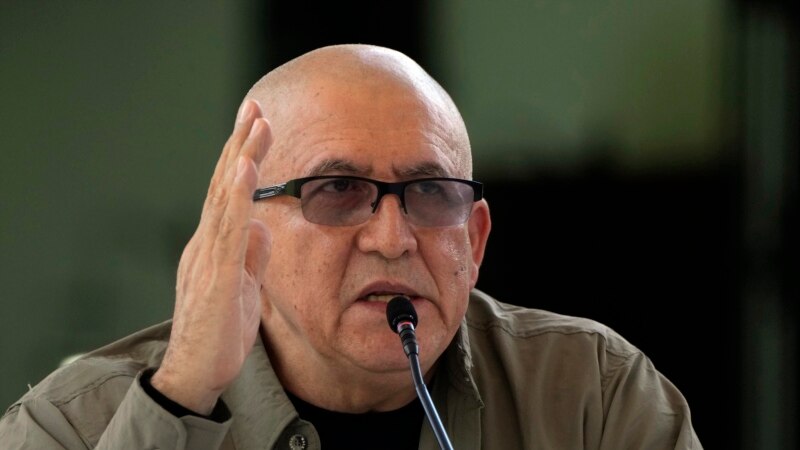
The peace process between the Colombian government and the National Liberation Army guerrilla received a boost on Tuesday after the Attorney General’s Office agreed to suspend the arrest warrants against the top leader of that organization.
The decision obeyed a request from President Gustavo Petro and was given -according to the Attorney General’s Office- “based on the principle of harmonious collaboration between public powers” and “the collective duty to contribute to the search for peace.”
The suspension of the arrest warrants for alias Antonio García was communicated to national and international authorities through Interpol, the Attorney General’s Office added in a statement.
With the integration of the maximum leader of the ELN to the negotiating table with the Petro government, which would take place in the next few days, it is expected that progress will be made in the peace process.
Dialogues between the Colombian government and the ELN resumed in august last year after rapprochements between the High Commissioner for Peace, Danilo Rueda, and various leaders of the insurgent group in Cuba, where they have remained in recent years.
Negotiations have been suspended since the authorities accused the ELN in January 2019 of detonating an explosive at a police school that killed 21 people.
At that time, the government of then-President Iván Duque (2018-2022) imposed two conditions on the guerrillas: immediately cease terrorist acts and release all the hostages in its power. The demands were not met and the peace process was left in limbo.
With the arrival of the leftist Petro government, contacts between both parties resumed.
However, the negotiations have suffered some setbacks such as, for example, the ELN’s refusal to accept a ceasefire that Petro announced in December and which is still at the negotiating table.
García, whose real name is Eliécer Herlinto Chamorro Acosta, assumed the top leadership of the guerrilla group in 2021.
Some analysts have warned that several of García’s positions were not helping the peace process that is taking place in Cuba to advance. On May 8, in an interview with the digital media outlet Infobae, García affirmed that “the State continues to think of subduing the guerrillas, annihilating them or defeating them” and that “this way of thinking prevents peace from being built.”
On the possibility of agreeing to a ceasefire, the head of the Colombian government’s negotiating team, Otty Patiño, said the day before that the issue is still under study and that, if agreed, it would last six months.
Between the end of 2022 and the beginning of this year, the delegations held two cycles of dialogues in Venezuela and Mexico -both countries guarantors of the negotiations-.
The ELN was founded in 1964 inspired by the Cuban revolution and tried unsuccessfully on half a dozen occasions to reach a peace agreement with the State. It currently operates in more than 200 municipalities in Colombia and could have between 2,000 and 4,000 members, according to authorities.
Connect with the Voice of America! Subscribe to our channel Youtube and activate notifications, or follow us on social networks: Facebook, Twitter and Instagram.














